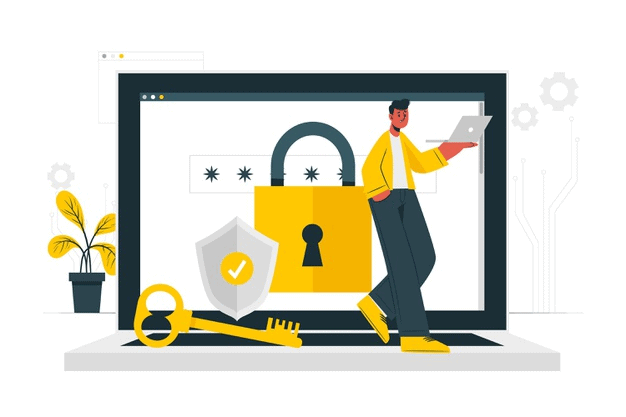If you use devices like laptops, desktops, or tablets, you know you should password-protect them. Maybe you use them for work, or perhaps for school. You may also use one for pleasure. Maybe you play games on it or browse social media platforms.
In any of these cases, your passwords keep the device safe. You don’t want someone unauthorized accessing your device since it may have personal data, photos, videos, and other private content on there.
We’ll discuss how strong passwords keep your device safe in the following article.
How Do You Create a Safe Password?
Before we go over how strong passwords make devices safe, we should discuss what makes one strong. 31% of computer users reuse their passwords, so coming up with something entirely new for each device makes sense. You should also avoid using passwords that contain words like “welcome,” “password,” or simple numerical components like “123.”
Create a password that contains both lowercase and uppercase letters, as well as symbols and numbers. These passwords are almost impossible to guess.
You Must Guard Against Cyberattacks
You probably know that cybercriminals attack companies sometimes. They often do it because they’re industrial saboteurs. They might launch cyberattacks to shut down a company’s website for a competing entity. You’d hope that wouldn’t happen, but it does in the cutthroat business world sometimes.
Cybercriminals might target devices you use at home, though. They may do it to access your information and steal your identity.
Once inside your device, they can look at your bank account login data. They can try taking money from your accounts. They may also open up new credit cards in your name.
Sometimes, former friends or partners who hold grudges use computers and tablets to steal pictures and videos. Maybe you have some private photos or videos you never want publicly released.
This person might hold those photos and videos for ransom and make you pay money to get them back. You can contact the police in these instances since laws exist that prohibit this, but this individual may still release the videos or photos, hurting your professional reputation.
If you set up strong passwords on your devices, you prevent all these possibilities. It’s a responsible device ownership behavior to create unique passwords that no one can guess.
You’ll Block Malicious Software
Your password also blocks malicious software like adware and ransomware in many instances. If someone can’t guess your password, they can’t download software that steals your personal information. Your password, like having antivirus software in place, represents fundamental device safety everyone needs.
Once you’ve password-protected your device, you can use it safely, but avoid using public networks, like those you’ll find when you visit the library or a Starbucks. Some clever hackers can intercept your passwords if you use them there.
Instead, use the device at home on a secured network that also has password protection. When you do, you have multiple defenses in place.











FIND US ON SOCIALS